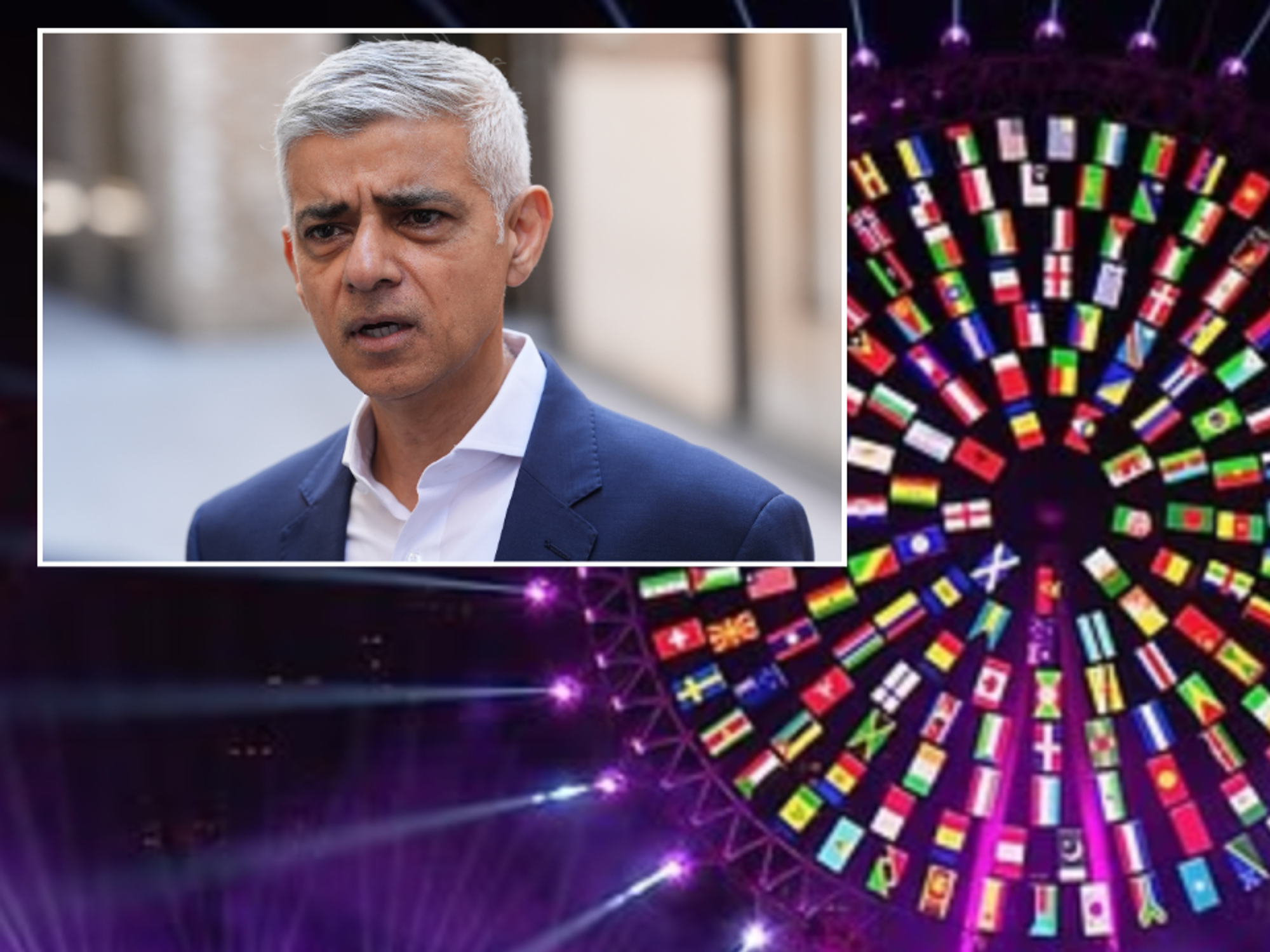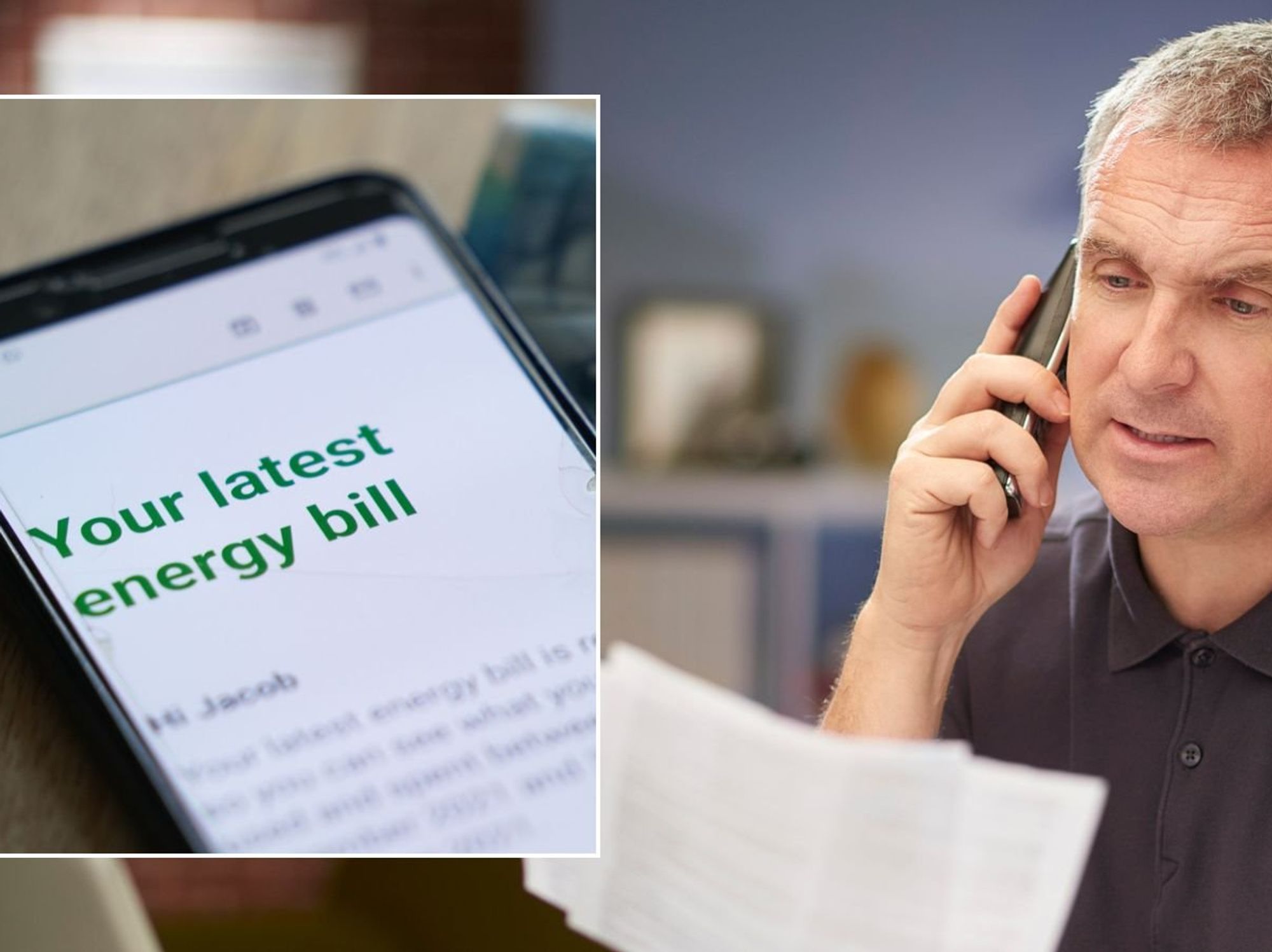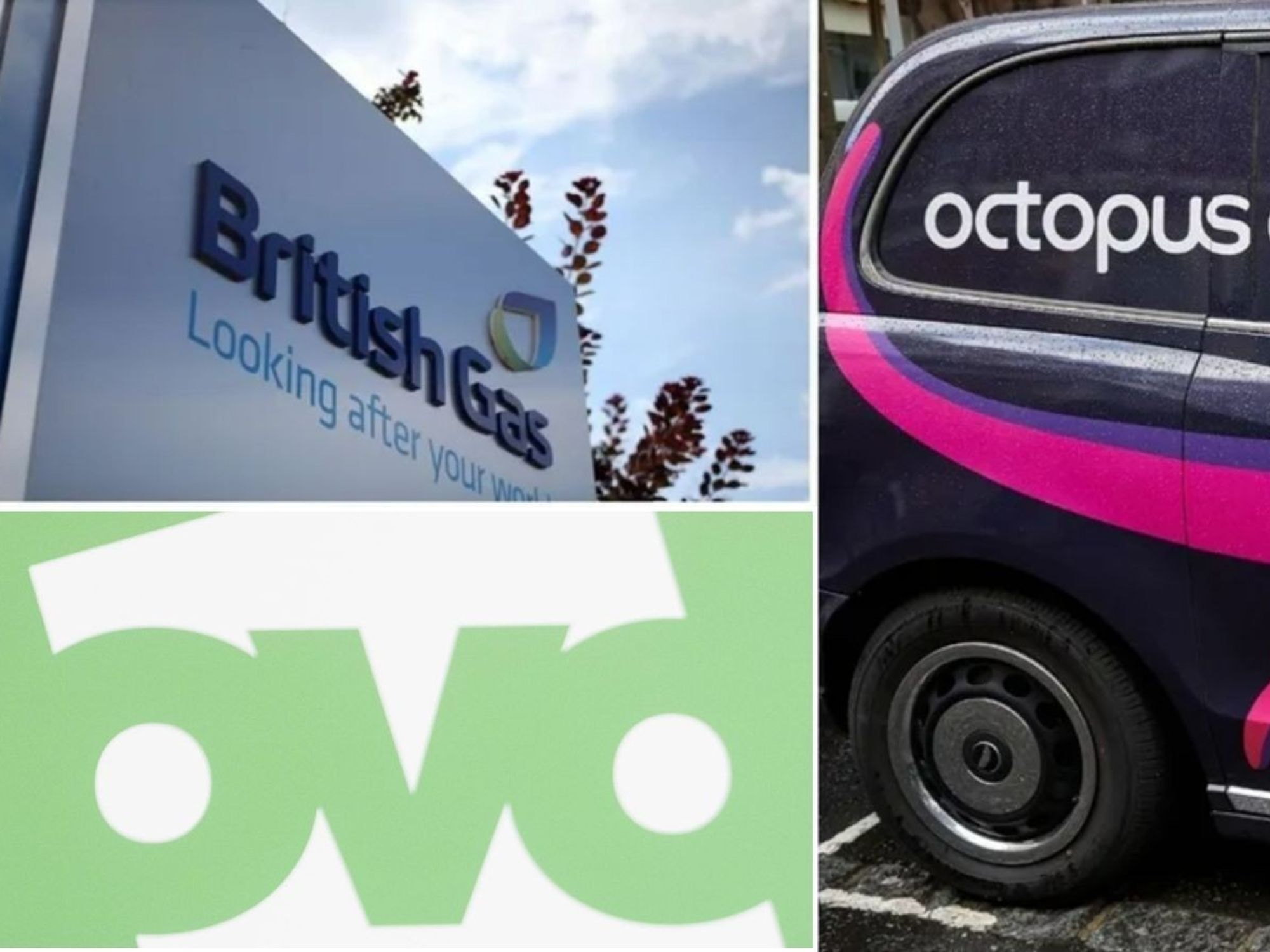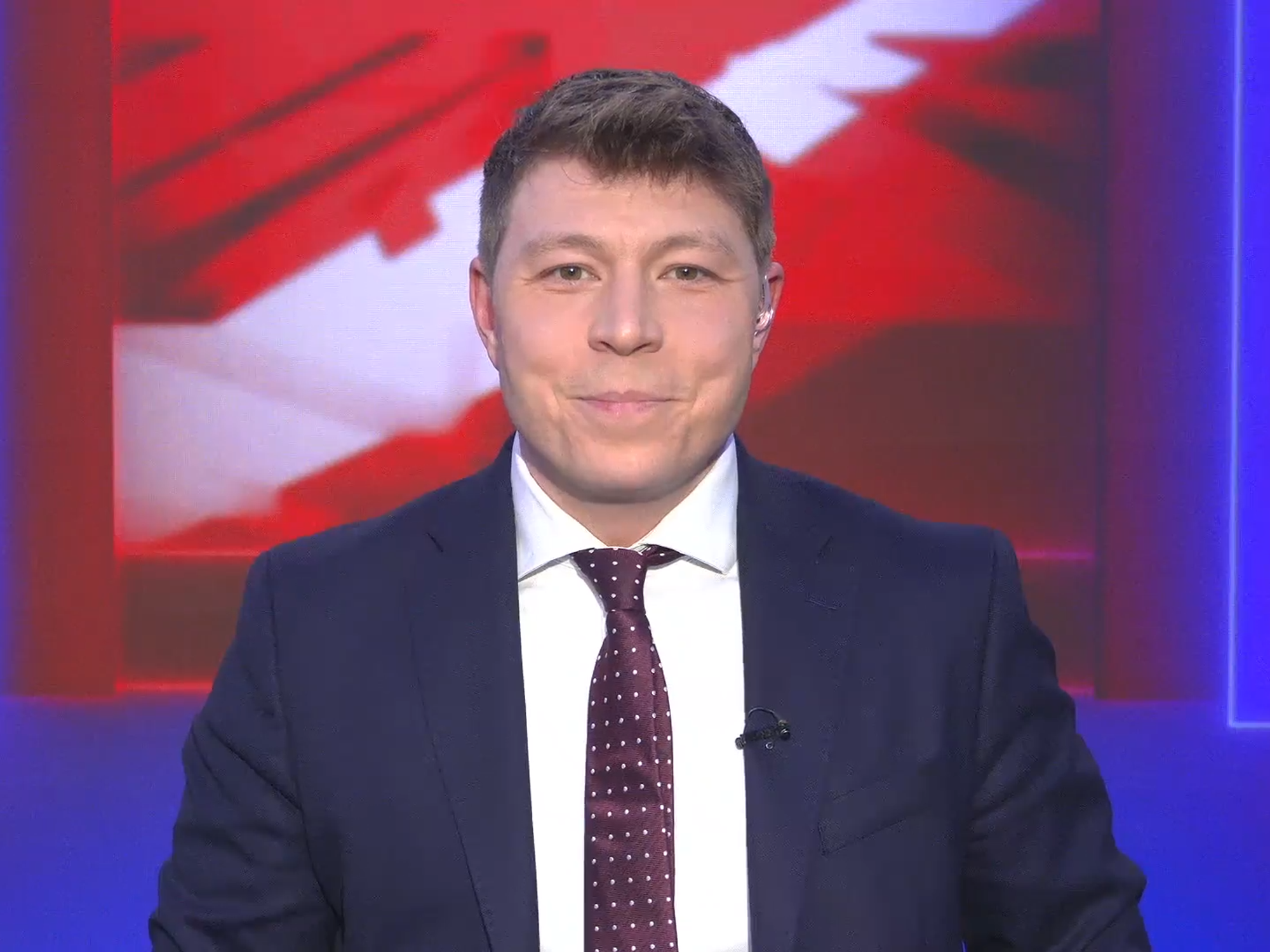Everyone moans about Government handouts... until they are getting them, says Nigel Nelson
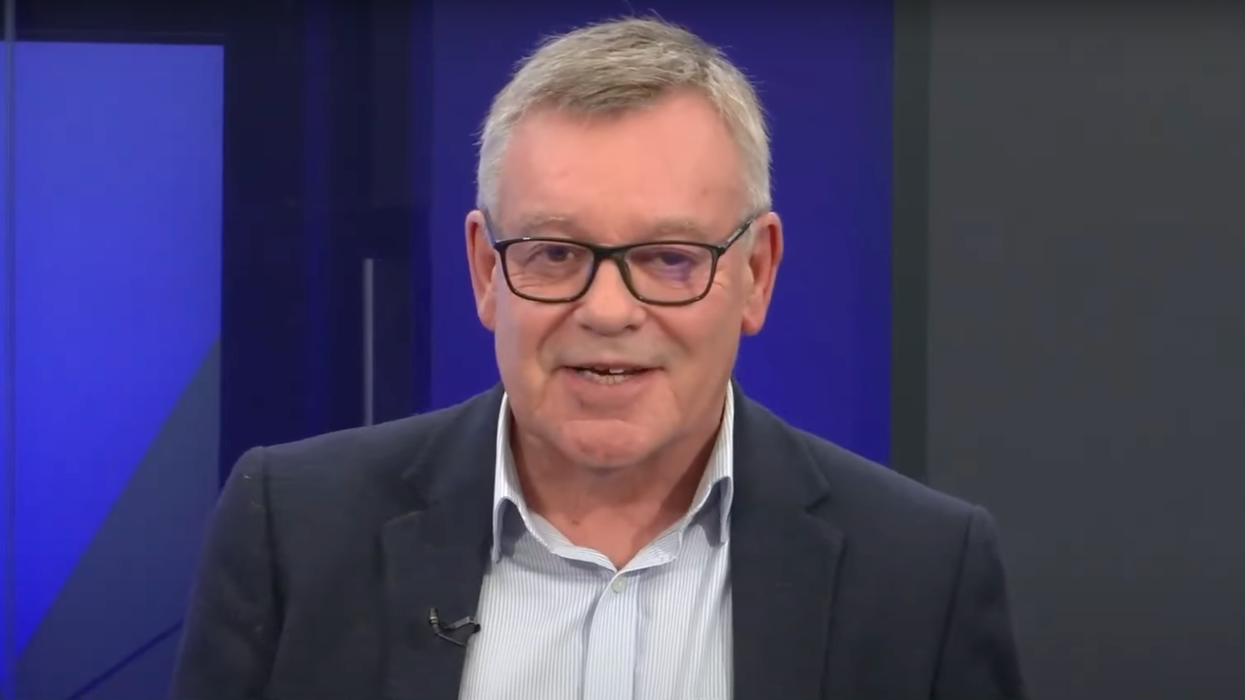
Nigel Nelson
| GB News
'We like Whitehall snouts in the trough as long as the contents swills over in our direction'
Don't Miss
Most Read
People always say they want the Government to keep its snout out of their affairs. The Conservative Party naively take this as an endorsement of their long-standing mantra for a smaller state which is more an enabler than a provider.
Yet voters constantly demonstrate that what they really want is a state which provides, and the enabling bit can go hang. They’re more than happy for ministers to poke their noses in as long as there is a whiff of extra cash in their nostrils.
Rishi Sunak spent 23 per cent of the UK’s national income on pandemic support such as furlough when he was Chancellor, and no one was sniffy about snorting up the free cash. Nor did the French get any brownie points for managing to get their Covid back-up down to 13 per cent.
We think it top dollar to have a triple lock on pensions which delivered a 10 per cent rise in April, ignoring the unfairness of Sunak telling public sector workers they may not get half that even if recommended by their pay review bodies.
Oh yes, we like Whitehall snouts in the trough as long as the contents swills over in our direction.
Which brings us to mortgages. In 2018 you could borrow £228,000 on a five year fixed rate for less than two per cent. Now you’ll be lucky to find the same deal for six. So instead of £775 month you’ll be paying £300 more through the nose.
Sunak is now being pressed to ease that burden with more emergency handouts or by reintroducing the mortgage interest tax relief abolished by Gordon Brown in 2000. This would be wrong in both principle and practice.
Getting a mortgage is a choice. And taxpayers, many of them facing higher rents on homes they could never afford to own, should not be asked to subsidise it.
On the practical side it makes no economic sense to stifle inflation by raising interest rates on one hand, only to give the money back with the other. That’s like pouring water on a fire and then putting bellows under the smouldering embers to make it blaze again.
If inflation is defined as too much money chasing too few goods then getting it down either means reducing the amount of dosh sloshing around or increasing the supply of goods. The Bank of England can take our money but it can’t make manufacturers produce more. So hammering the cost of borrowing is the only weapon in its armoury.
The Government could, of course, do more itself to intervene but that’s just too damned politically unpalatable. Chancellor Jeremy Hunt could, for instance, jack up taxes to curb spending and end up a total billy no-mates. Or hire more foreign workers to get wages down.
The tight jobs market means bosses are forced to pay around six per cent more than last year to get the workers they need. Home Secretary Suella Braverman could solve that by relaxing immigration rules so employers could hire staff from abroad at 20 per cent less than they pay their British counterparts.
But the very idea she should allow even more migrants into the country is unlikely to get much further than the waste bin under the No10 Cabinet table.
Our inflationary woes are largely caused by Covid wrecking supply chains and Russia wrecking Ukraine. But Brexit has a bit part to play in it, too.
Latest findings from the LSE’s Centre for Economic Performance show that between December 2019 and March 2023 food prices rose by almost 25 per cent - eight percentage points of it down to leaving the EU.
That works out at £250 for every household. It is just one of the costs of taking back control of our sovereignty.
The question Brexiteers might ask themselves is whether it was a price worth paying.





